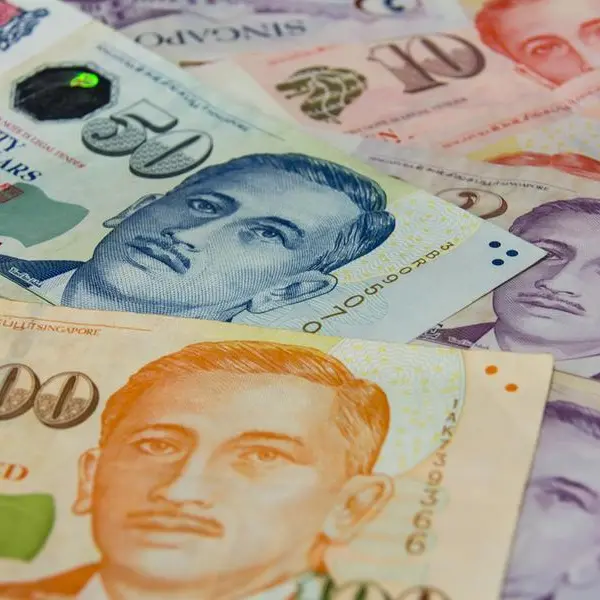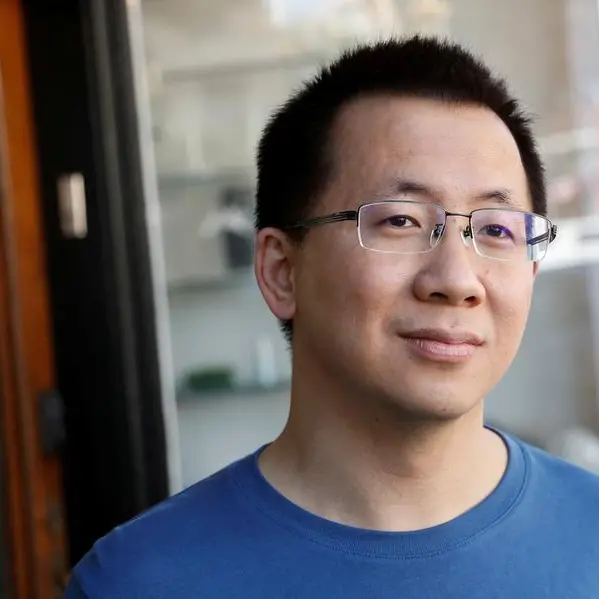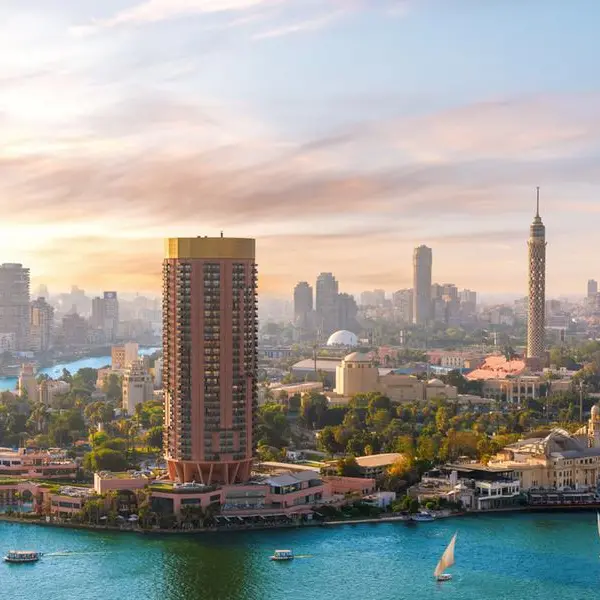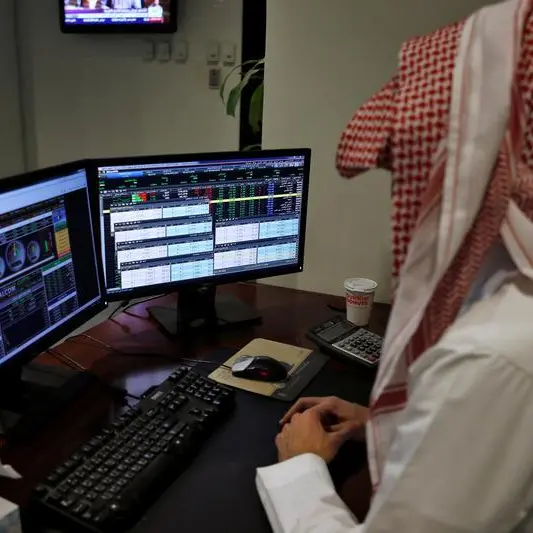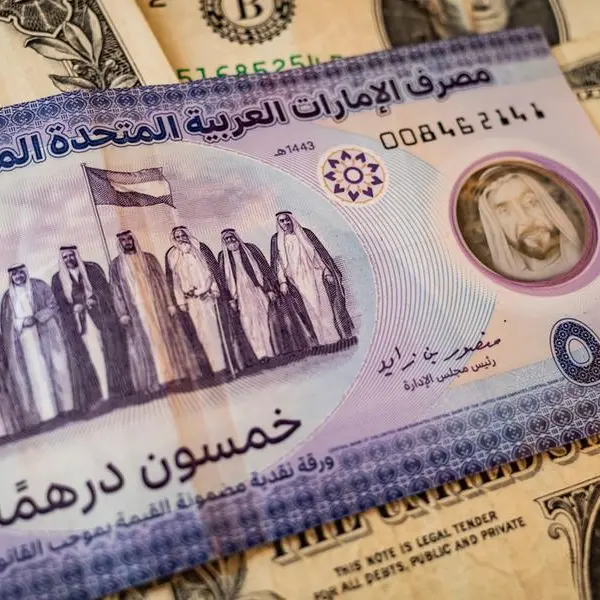PHOTO
Abu Dhabi’s Mubadala Investment Co. has taken advantage of tumbling tech firm valuations to make a series of investments in small- to mid-sized tech companies worldwide this year.
Formed in 2017 after the merger of Abu Dhabi’s state-owned International Petroleum Investment Co. (IPIC) and Mubadala Development Co., Mubadala invests both at home and abroad. In December 2021, it had assets under management (AUM) of 1.05 trillion dirhams ($284 billion). Other sovereign funds based in the UAE capital include the Abu Dhabi Investment Authority (ADIA) and ADQ.
“While other Gulf economies like to keep everything under the same umbrella, Abu Dhabi likes to have separate funds under different chairmanships; it is not a one-size-fits-all solution,” said Diego López, Managing Director at Global SWF.
Mubadala is targeting various sectors including technology, life sciences, renewable energy and fintech, and these priorities are reflected in Mubadala’s recent spending spree, Chief Strategy & Risk Officer Ahmed Saeed al-Calily told Global SWF.
Last month, Mubadala led a $400-million fundraising round for Wefox that valued the Berlin-based insurtech firm at $4.5 billion; it also participated in a $800 million financing round for Swedish fintech Klarna.
In June, a Mubadala consortium agreed to buy Stockholm-based biopharmaceuticals transportation firm Envirotainer for €2.8 billion. In May, Mubadala participated in a $300-million fundraising round by Californian payment company SpotOn and announced it was part of consortium that had acquired a majority stake in software developer Salesloft last December.
February saw Mubadala partner with Warburg Pincus to buy a majority stake in Pharma Intelligence, which provides data on clinical trials, and in March it led a $768 million fundraising for Getir that valued the Turkish grocery delivery app at $11.8 billion.
While shares in the likes of blue-chip tech companies Meta and Tesla are down more than 50% in 2022, valuations of privately owned firms have also tumbled. For example, Mubadala’s investment in Klarna valued the firm at an 85% markdown to its perceived worth in 2021.
According to the most recently available data, dating back to December 31, 2021, Mubadala had around 10 notable subsidiaries, such as Al Yah Satellite Communications Co., which last year completed a 2.7-billion-dirham IPO before listing on Abu Dhabi’s bourse, also last year. Other subsidiaries include Canada’s NOVA Chemicals Corp., hydrocarbons trader Dolphin Investment Co., and semiconductor manufacturer GlobalFoundries Inc., which raised about $2.6 billion in an IPO that, at the time, was the Nasdaq’s largest by proceeds raised in 2021.
Aldar Properties, oil and gas firm OMV and chemicals manufacturer Borealis are Mubadala affiliates; it also has a 50% stake in joint venture Emirates Global Aluminium and owns 61.4% of Spanish oil producer Cepsa.
Mubadala made a net profit of 34.6 billion dirhams in 2021, up from 9.1 billion dirhams a year earlier. Revenue rose 35.8% over the same period to 56.4 billion dirhams. About 33% of Mubadala’s revenue last year came from petrochemicals and 43% from semiconductors.
The recent, perhaps opportunistic, acquisitions are part of a wider strategy. Between 2017 and 2021, Mubadala invested around $1.4 billion in 75 startups, Global SWF estimates, which is less than 1% of its total portfolio.
“There is a clear risk of concentration. Of course, Mubadala cares about financial returns, but that’s not the only goal,” said Javier Capapé, Director of Sovereign Wealth Research at Spain’s Center for the Governance of Change, IE University. “Just as important is developing new sectors of the economy that will provide jobs and eventually stable returns or income.”
In terms of geography, 25% of Mubadala’s asset value is domestic, with 38% in North America and 17% in Europe, followed by East Asia (12%), Latin America (2%), South Asia (2%) and others (4%).
Mubadala’s al-Calily told Global SWF his organisation aims to double its size over the next decade and would fund its expansion through active investment management, global partnerships, “conservative use” of leverage, and monetisation of existing assets. Its recent divestments include the sale last month of four commercial towers in Abu Dhabi Global Market to affiliate Aldar Properties for 4.3 billion dirhams. In June, Mubadala agreed to sell a large stake in the Abu Dhabi Future Energy Company (Masdar) to two other state-owned companies, ADNOC and the Abu Dhabi National Energy Company (TAQA).
“Mubadala has had a huge impact in Abu Dhabi’s [economic] diversification through the creation of subsidiaries and the incubation of the VC [venture capital] ecosystem,” added Lopez.
(Reporting by Matt Smith; editing by Seban Scaria)
(seban.scaria@lseg.com)




